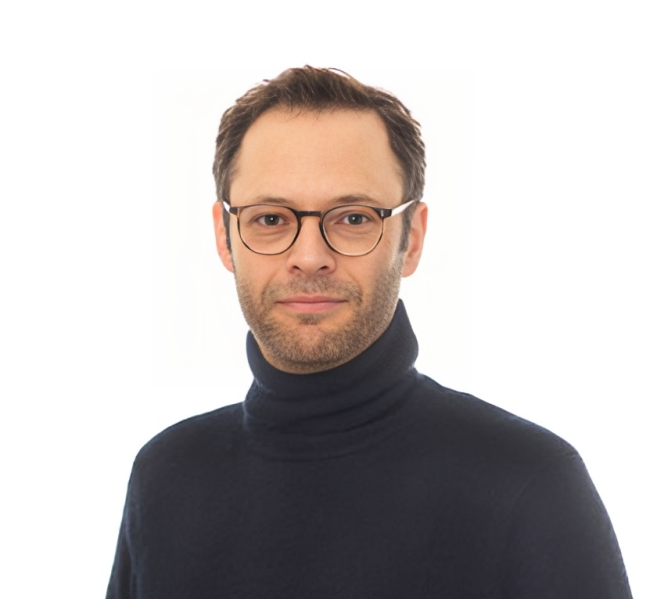Roman Thomas, Founder and CEO of DISCO Pharmaceuticals GmbH, made the following post on LinkedIn:
“Very happy to share that our new paper on drug resistance in small cell lung cancer came out in Nature today!
It has been a clinical mystery, why small cell lung cancer (SCLC) is sensitive to initial chemotherapy but reappears shortly thereafter as chemoresistant disease. This phenomenon is also the central theme of the DFG-funded collaborative research center 1399 (SFB1399), the world’s largest research initiative on SCLC. The new work led by the incredible Julie George (picture) has now shed light on this mystery.
We discovered that in patients with chemosensitive SCLC, the initial dominating tumor cell population is wiped out by chemo, but only to make way for large numbers of different and phylogenetically older cell populations that are close derivatives of the oldest identifiable tumor cell, the most recent common ancestor. These newly emerged diverse populations are the ones that cause chemoresistant disease.
We also found out that a finite set of genomic alterations are recurrently found in the most recent common ancestor, which is the main culprit in driving resistance and dentified alterations that are otherwise associated with chemoresistance.
Our findings have several implications:
– they explain the initial sensitivity to chemotherapy and the rapid relapse of SCLC, a clinical mystery for decades.
– They put the most recent common ancestor in the spotlight of acquired resistance and identify its defining genomic alterations.
– They suggest that targeting this cell population specifically might be beneficial to reduce the risk of relapse.
– While sobering – the common ancestor is some sort of wicked wizard with superpowers to drive resistance – they provide a possible therapeutic strategy, in which initial treatment should be debulking the tumor as much as possible to minimize the pool of possible drivers of resistance.
Thanks to all the patients and their families, who donated tumor specimens, to all the clinicians, who provided clinical data and insights, to all of the members of the Thomas, George and Peifer labs as well as all other labs of the department, who – once more – pushed so hard and relentlessly for such a long long time, to get this important story over the finish line! And finally, thank you to all scientists of SFB1399 and the DFG for their collaboration and immense support.”
Source: Roman Thomas/LinkedIn


